Photographs: Stefano Rellandini/Reuters Claude Smadja
If you read analyses that claim Europe has now moved beyond the riskiest phase of its crisis, or that its economic prospects have slightly improved, don't believe them. It would be yet more wishful thinking, of which we have seen so many examples over the last two years.
The latest agreement on the euro 130-billion bailout for Athens will probably help avoid a messy default on March 20 and, thus, gain some time; in the same way, the euro 500 billion provided by the European Central Bank to European banks will help them absorb the shock of the loss on their Greek bonds, and it creates some ring-fencing.
But there should be no mistaking the fact that none of the problems that brought down the European economy down in the last two years has been addressed, and that further deterioration looms.
For Rediff Realtime News on Euro zone crisis, ...
Why Europe will never be the same...
The facts are there, and they are obstinate: the euro zone's unemployment rate was 10.4 per cent at the end of 2011 and keeps rising -- except in Germany, where it has declined.
It now appears that Greece's GDP declined in 2011 (the fifth consecutive year) by seven per cent instead of six per cent, which will make the nightmarish outlook for this year even bleaker; Spain's GDP decline in 2011 ended up at eight per cent, way above the six per cent mandated by the European Commission; and the picture is no different in Portugal, which might very well need another bailout exercise in the next few months.
The Belgian government has just been obliged by the European Commission to make additional cuts to its already drastically reduced 2012 budget.
...
Why Europe will never be the same...
Photographs: Reuters
There is no way France will be able to stick to the budget deficit target of 4.6 per cent agreed upon with Brussels, despite the additional increase in the value-added tax decided by the government -- which will nevertheless harm domestic demand further.
Germany is the odd man out in this picture, with its GDP expected to grow one per cent in 2012.
However, this is not much of a consolation, as Berlin is making no effort whatsoever to increase domestic consumption.
Thus, there is no prospect of German imports from other euro zone countries increasing, helping to sustain their economies. In fact, according to a Deutsche Bank study, the euro zone's share in Germany's imports declined between 2005 and 2010.
...
Why Europe will never be the same...
Photographs: Reuters
Beyond Germany, expect a generalised recession in most of the euro zone, with declines in GDP ranging from six or seven per cent (Greece) to around three per cent in Portugal and Spain, and presumably 1.5 per cent in France and Italy.
This grim picture should not come as a surprise: when all governments cut budgets and expenses at the same time, reduce the purchasing power of households and take measures that can only have a negative impact on employment, it would take a flight of fancy to imagine that growth could survive -- especially in a global economic context marked by uncertainty and volatility.
Nobody can predict at this stage whether the European recession will last "only" in 2012 or go beyond. Even if no other shock occurs on the sovereign debt front – a non-negligible "if" – the year will be clouded by a major question mark: can governments in Greece, Portugal, Spain, Italy, Belgium and France sustain the continuing piling up of austerity measures, which translate into higher unemployment rates and harsher daily life conditions for the majority of their people?
...
Why Europe will never be the same...
Photographs: Reuters
But even assuming that the recession, in its narrow technical sense, does not go beyond 2012, this European crisis – the most important after-effect of the financial collapse of 2008 – will have long-lasting consequences.
First, it has highlighted Europe's major growth-creation deficit. What triggered the vote of no confidence on European debt from the markets was not the high level of indebtedness; it was a justified scepticism about Europe's medium- and long-term ability to generate growth. Just increasing controls on government spending will not do the trick.
The pressure of circumstances has forced European Union countries to take measures to address some of the structural obstacles and impediments to economic growth in Europe, such as labour market rigidity or the unsustainable financial burden of social welfare systems.
...
Why Europe will never be the same...
But it remains to be seen if the political will to address these obstacles will remain when confronted by very strong popular resistance.
Let's face it: one major segment of the traditional European middle class has not adjusted to the fact that what it considered as its untouchable acquired advantages is a casualty of globalisation. What is needed in Europe is a mindset revolution.
The second consequence is that the crisis has laid bare the major divide between northern Europe and southern Europe. And this divide will not narrow in the coming years.
Rather, it has been aggravated by the deep resentment and anger created in Greece, Spain, Italy, Portugal and even France by the fact that the crisis has been made tremendously worse by Germany's blind relentlessness in imposing the Berlin consensus -- whatever the social costs for other countries.
...
Why Europe will never be the same...
Don't be fooled by the new treaty to be signed in March, which is supposed to enshrine enforced fiscal discipline and institute a fiscal union. This will not bring Europe any closer to some kind of United States of Europe. Economic nationalism will presumably emerge as a big winner.
The third consequence of this crisis is that it has exploded what remained of the division of roles that had long shaped the European Union's evolution: France was the political engine while Germany was the economic engine of integration.
Today, Germany is the political and the economic engi#8800 and – basically – for the Germans, it is only in this configuration that European integration makes sense. President Sarkozy has tried to maintain the pretence of a German-French duo – the "Merkozy" window dressing – but nobody is fooled.
...
Why Europe will never be the same...
Photographs: Alex Domanski / Reuters
The German dancer sets the pace and decides the figures on the dancing floor.
The Europe of 2012 and beyond is very, very different from the pre-2008 Europe. From a geopolitical as well as an economic and corporate strategy standpoint, each of Europe's partners would do well to think about the potential implications of this new reality.
The writer is president of a Geneva-based strategic advisory firm.

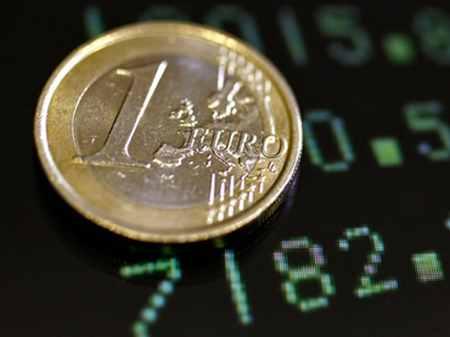
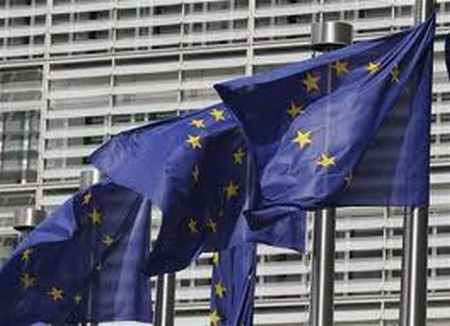
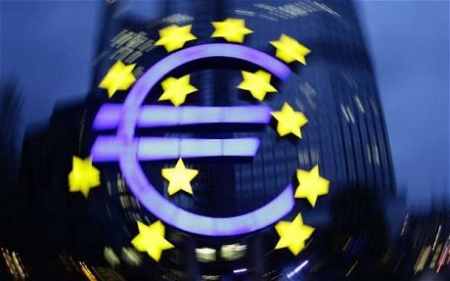
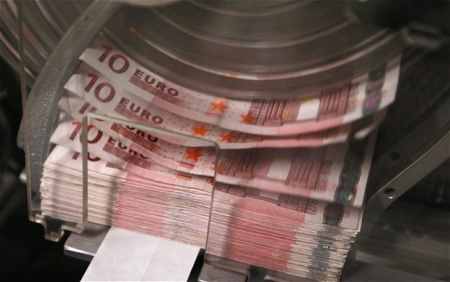
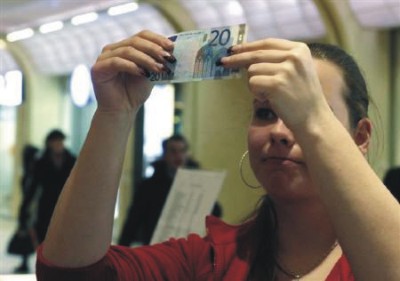

article